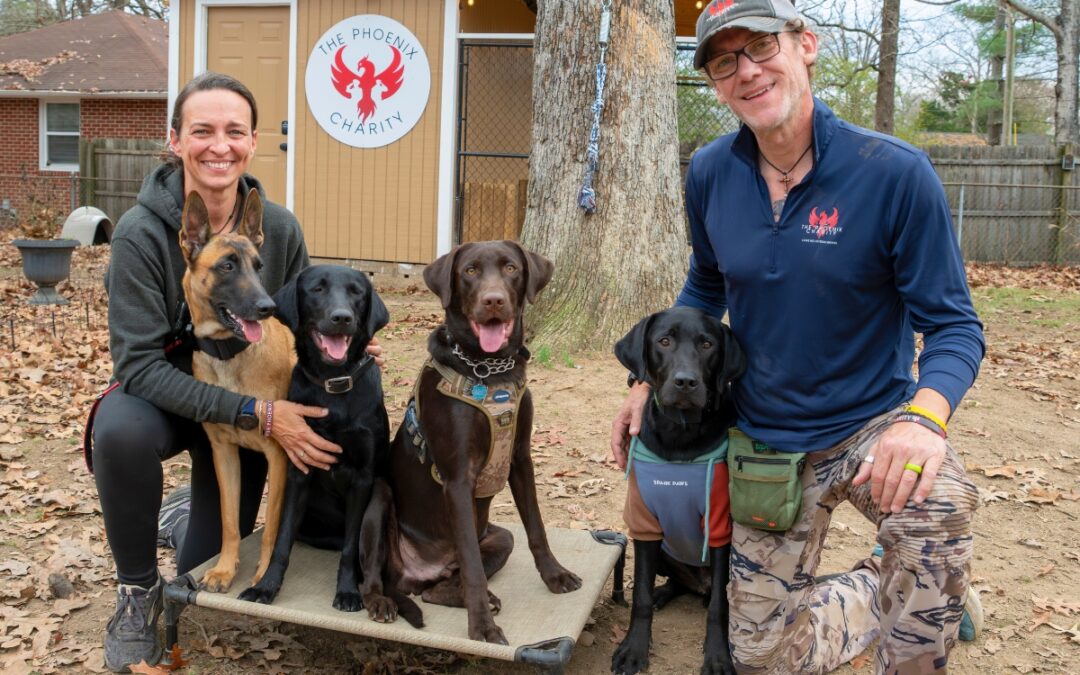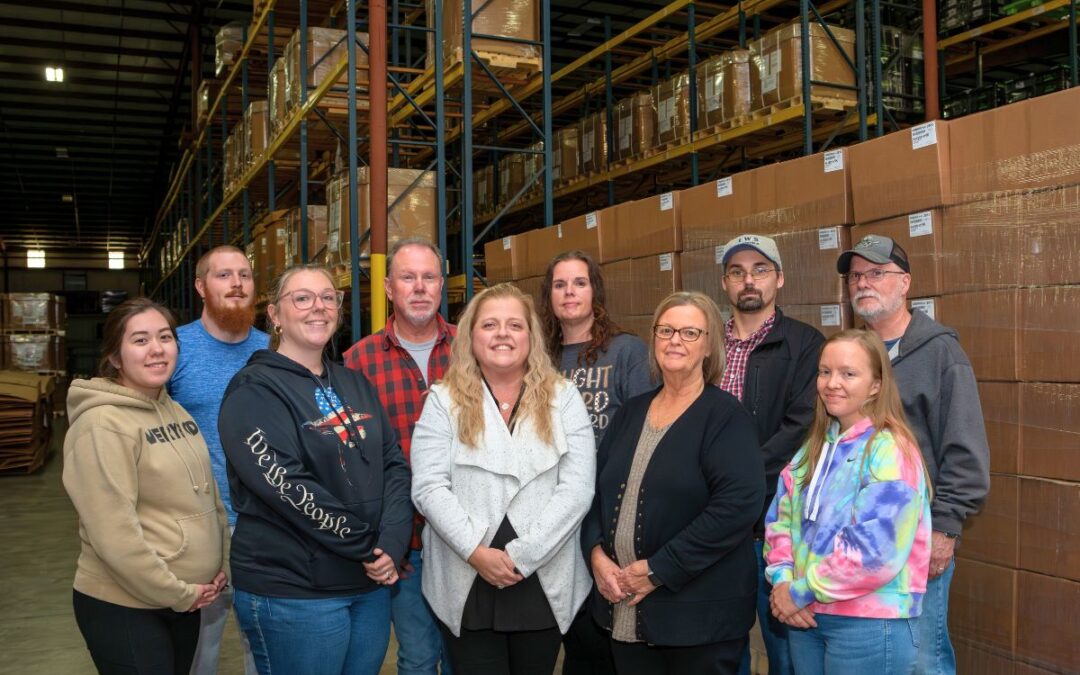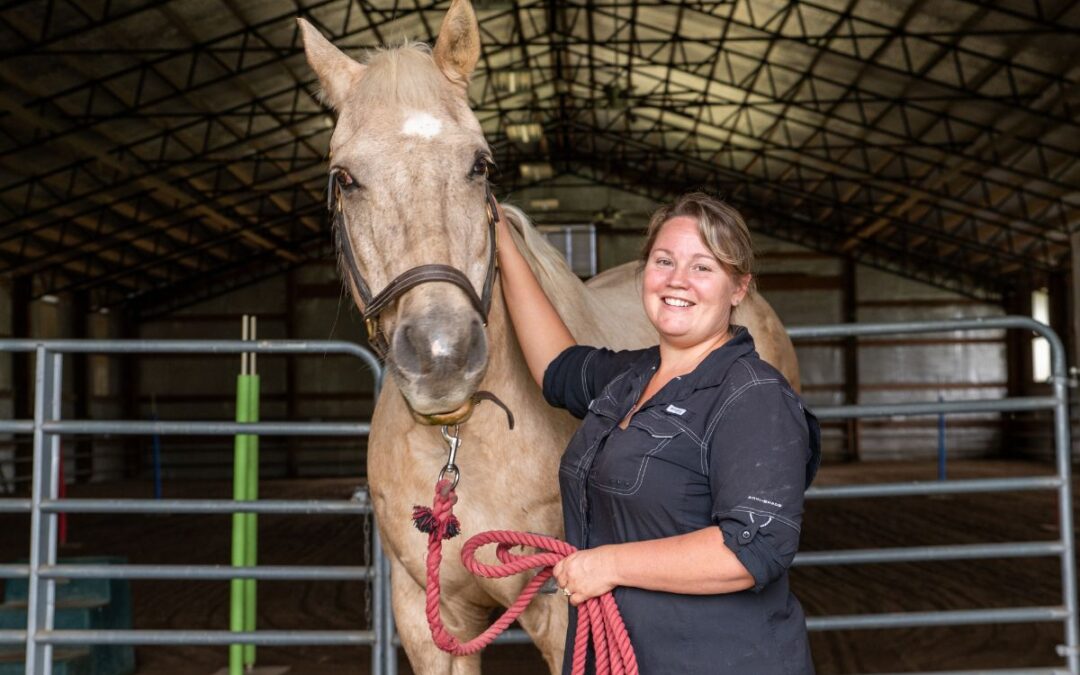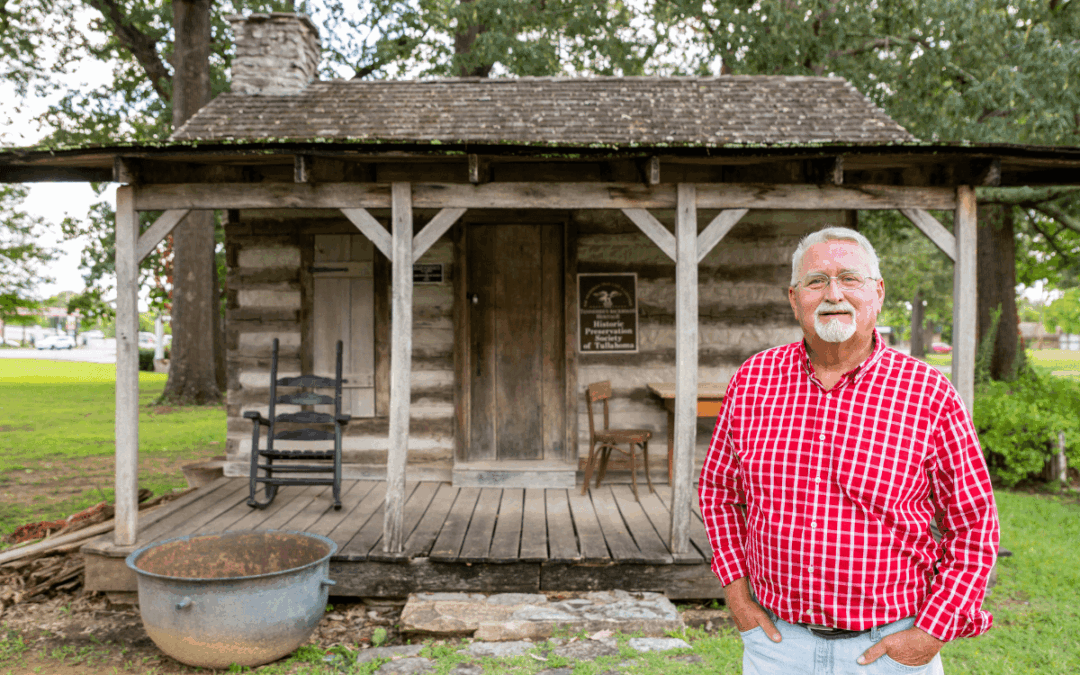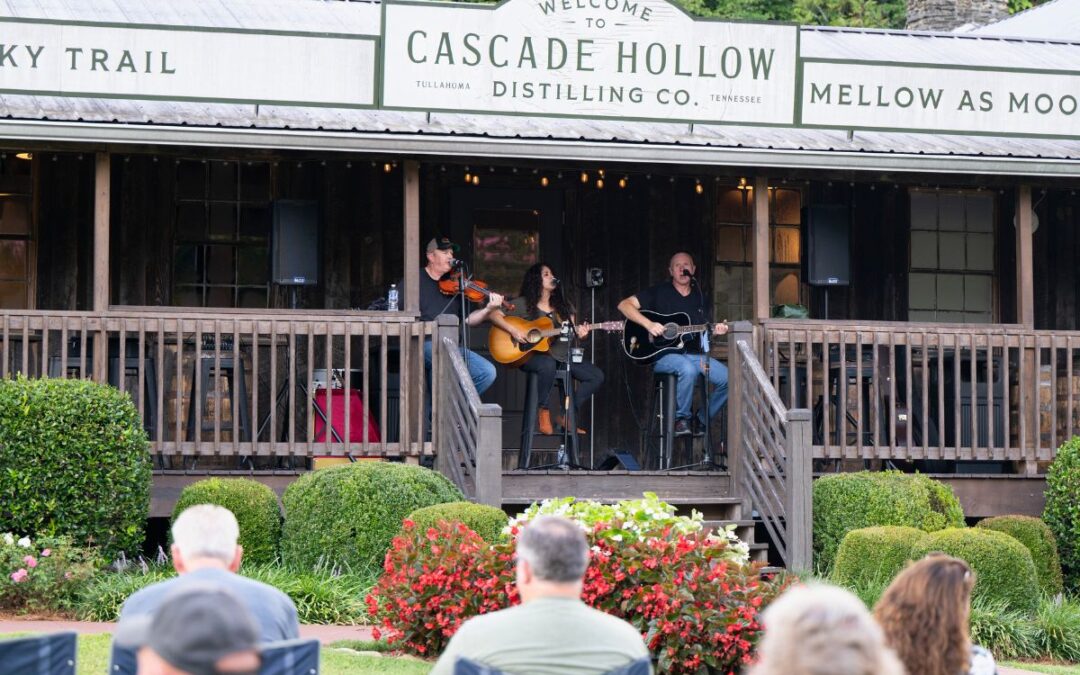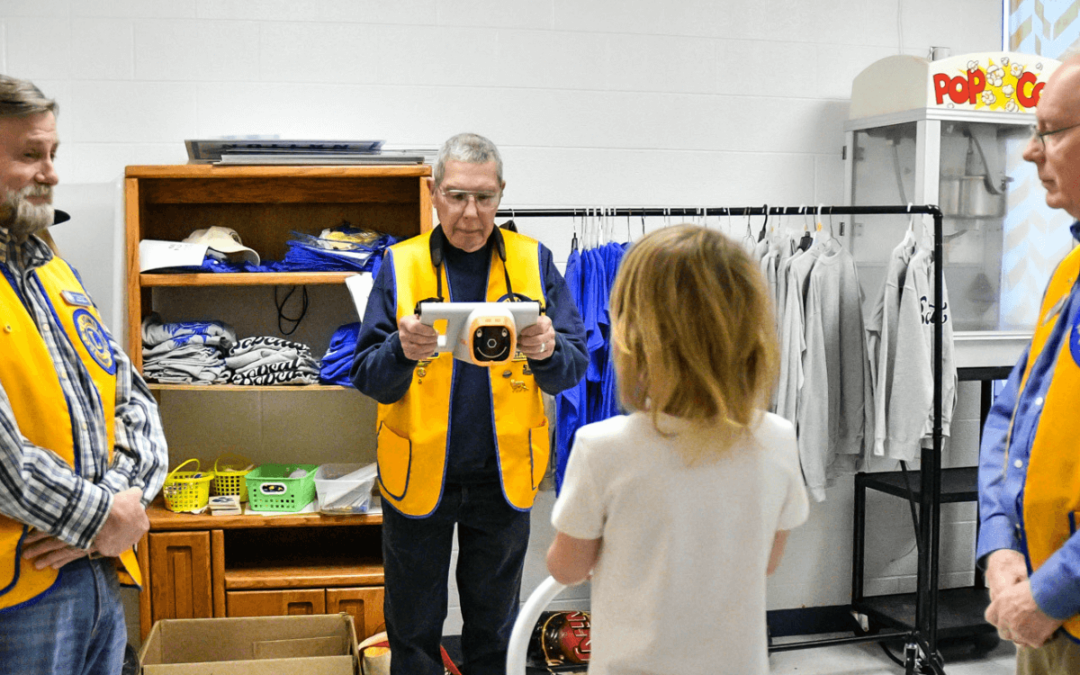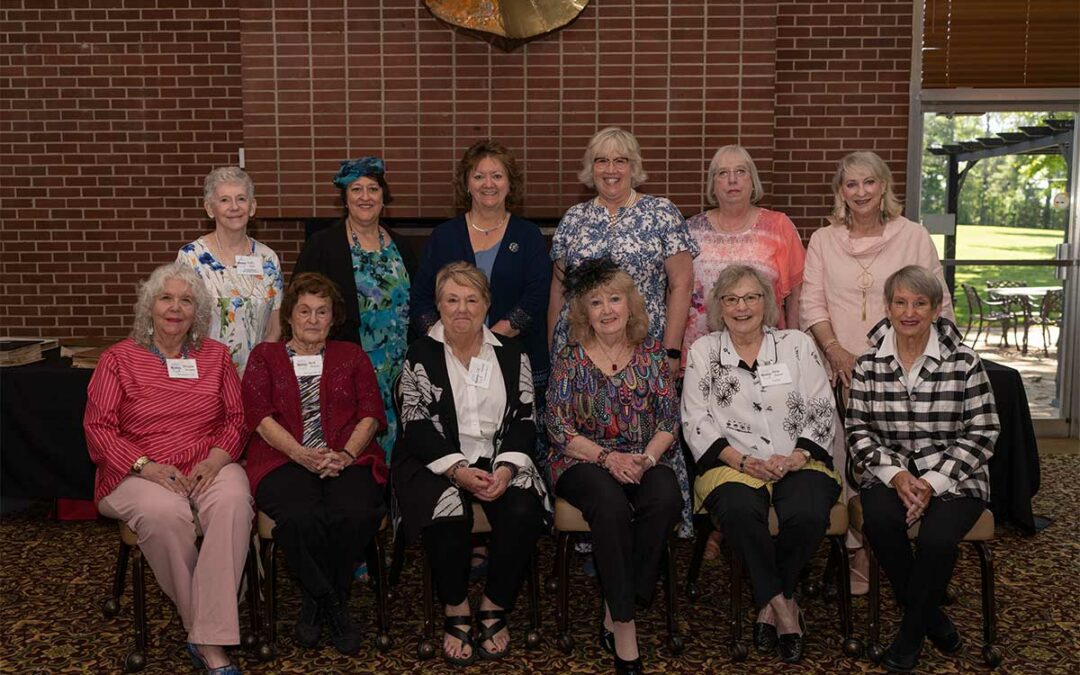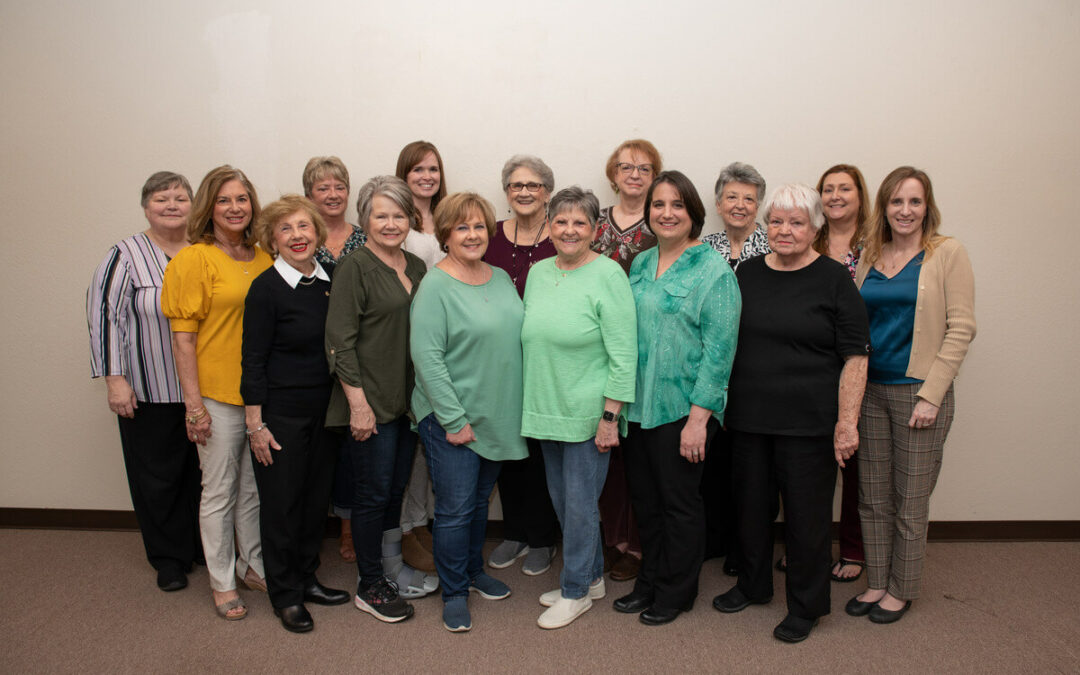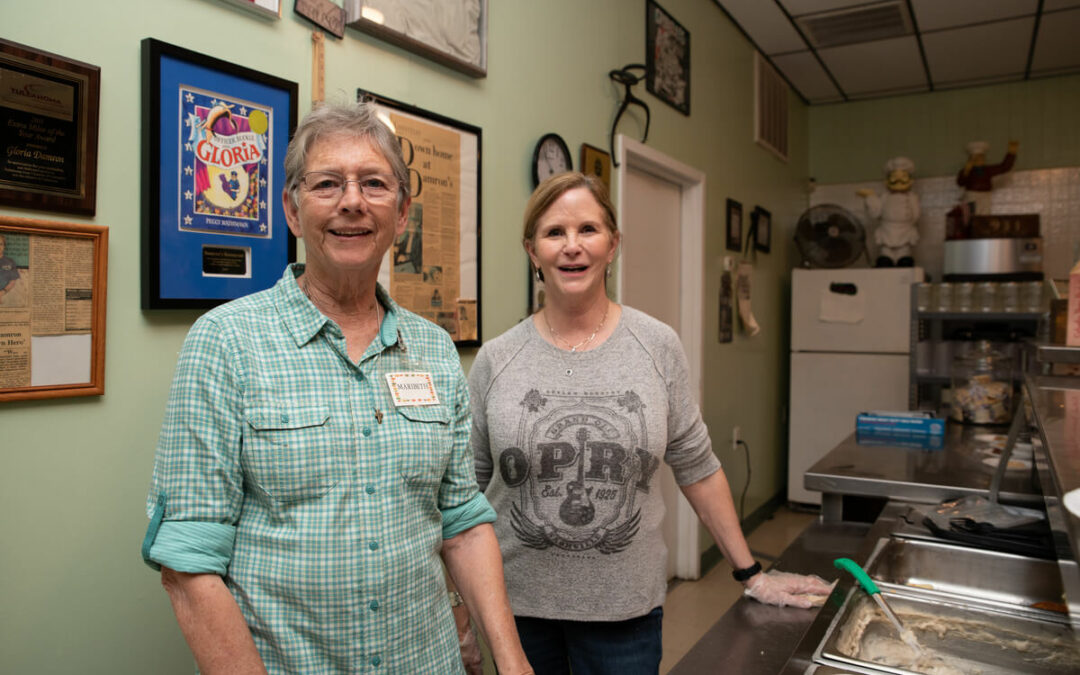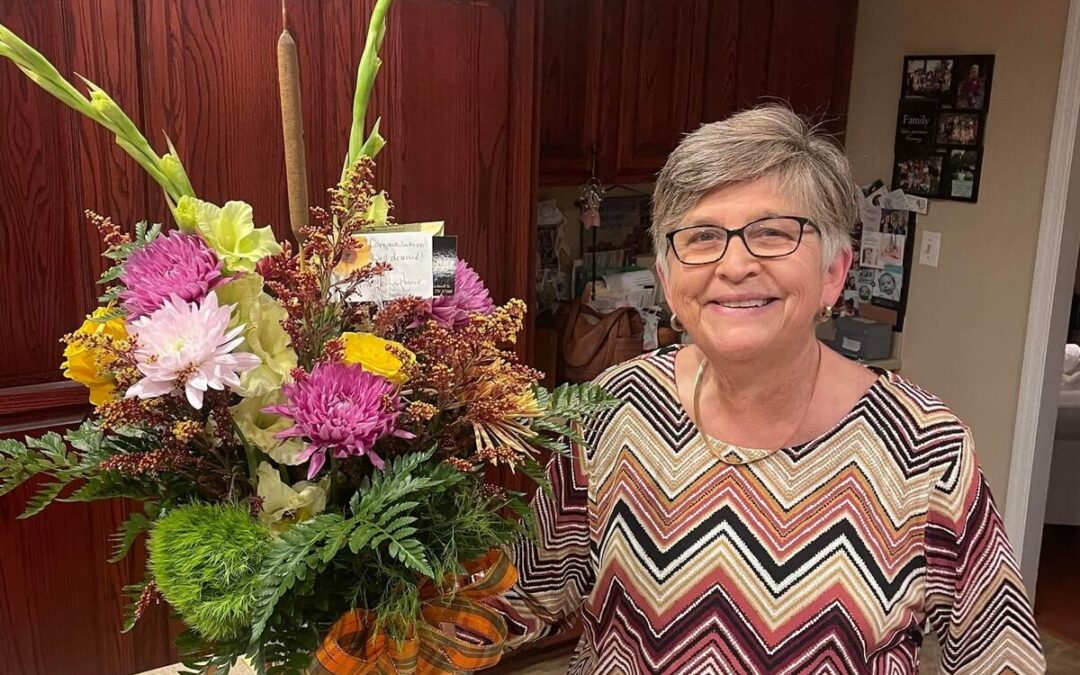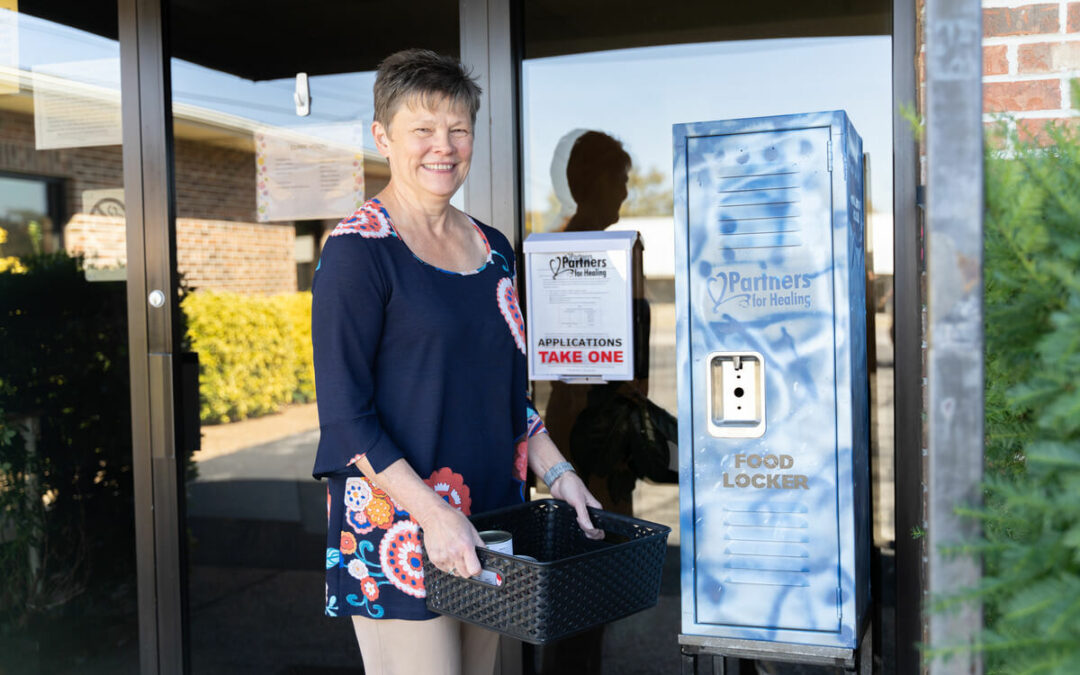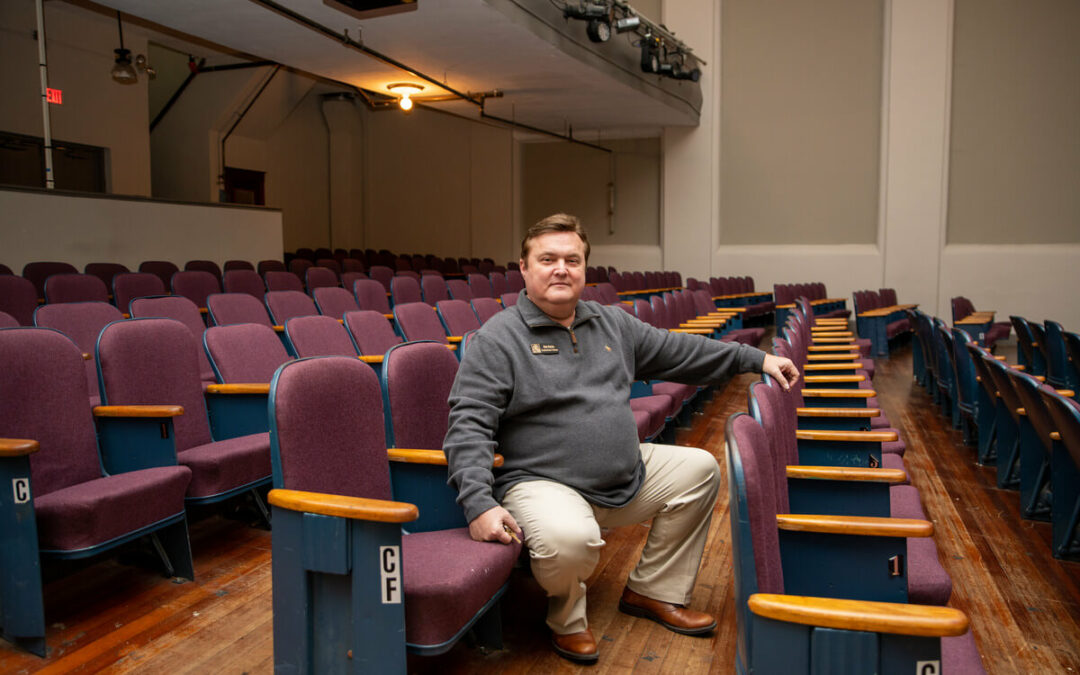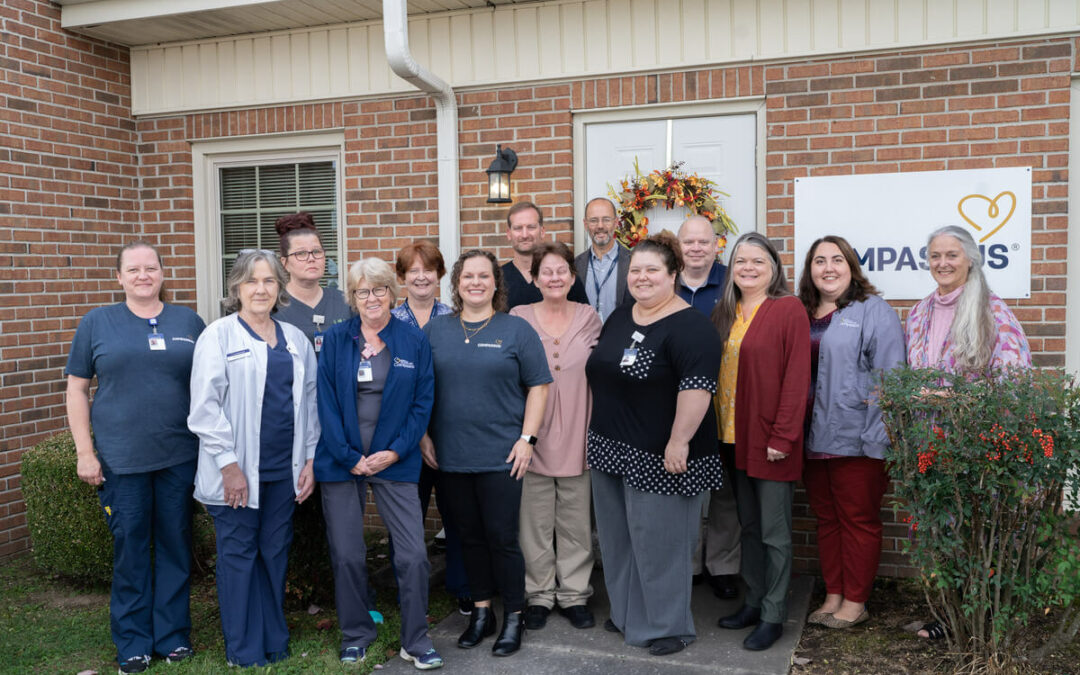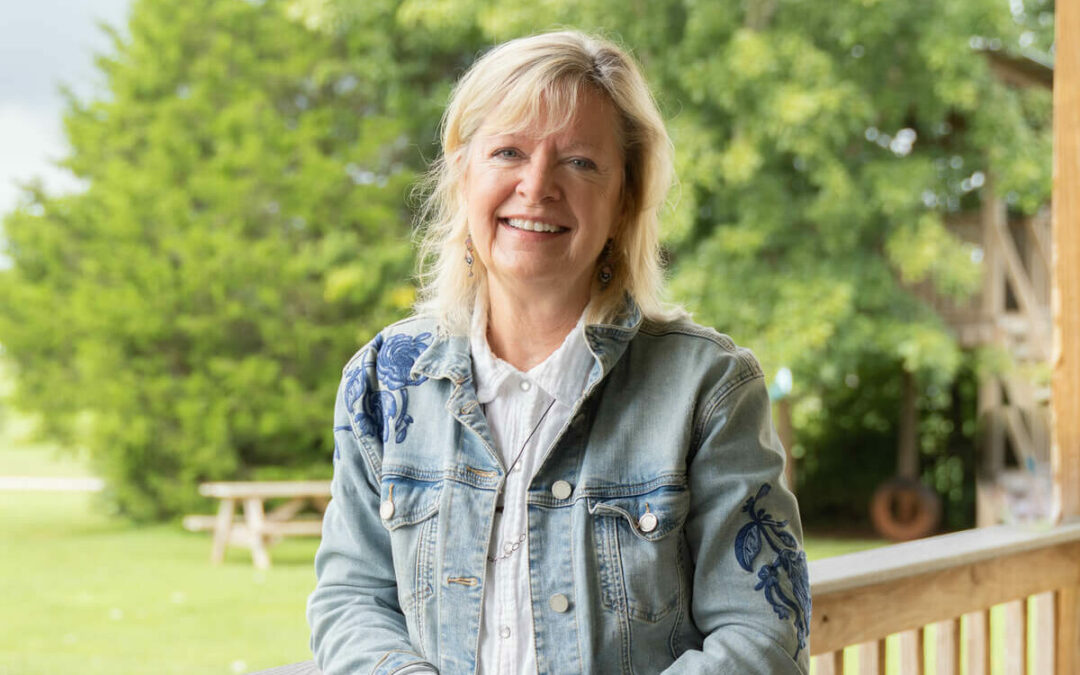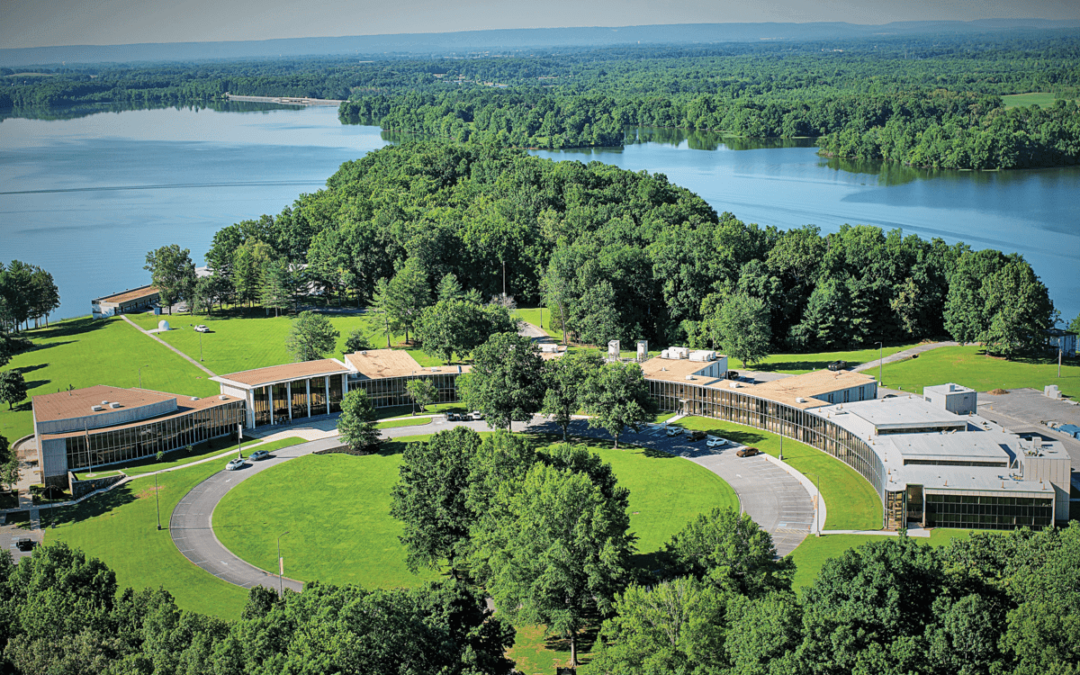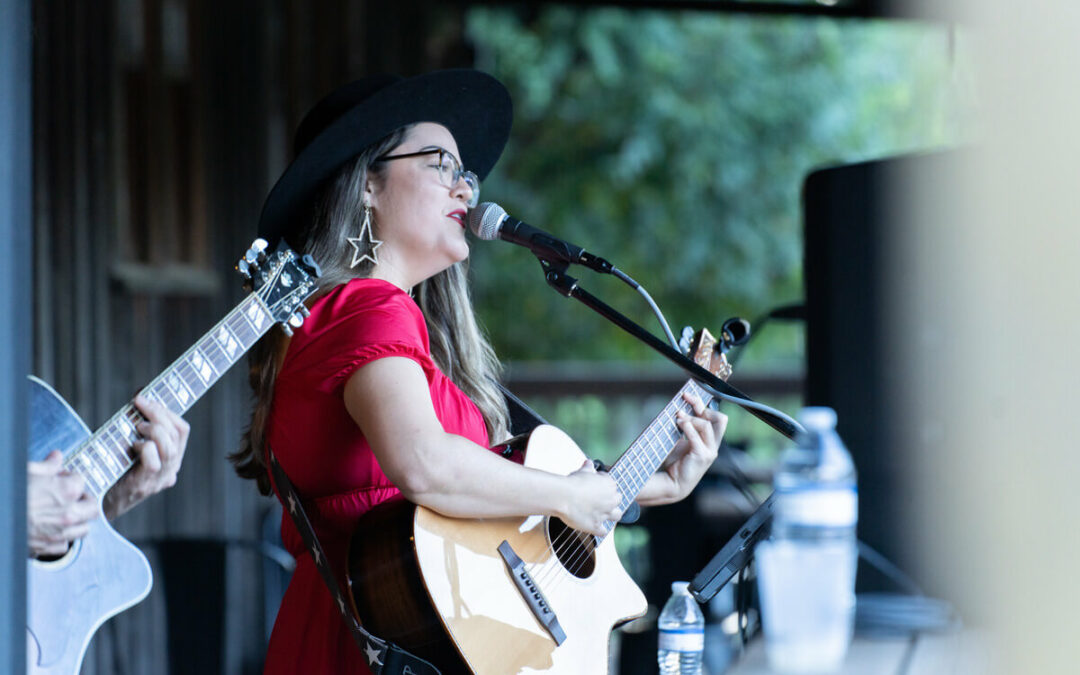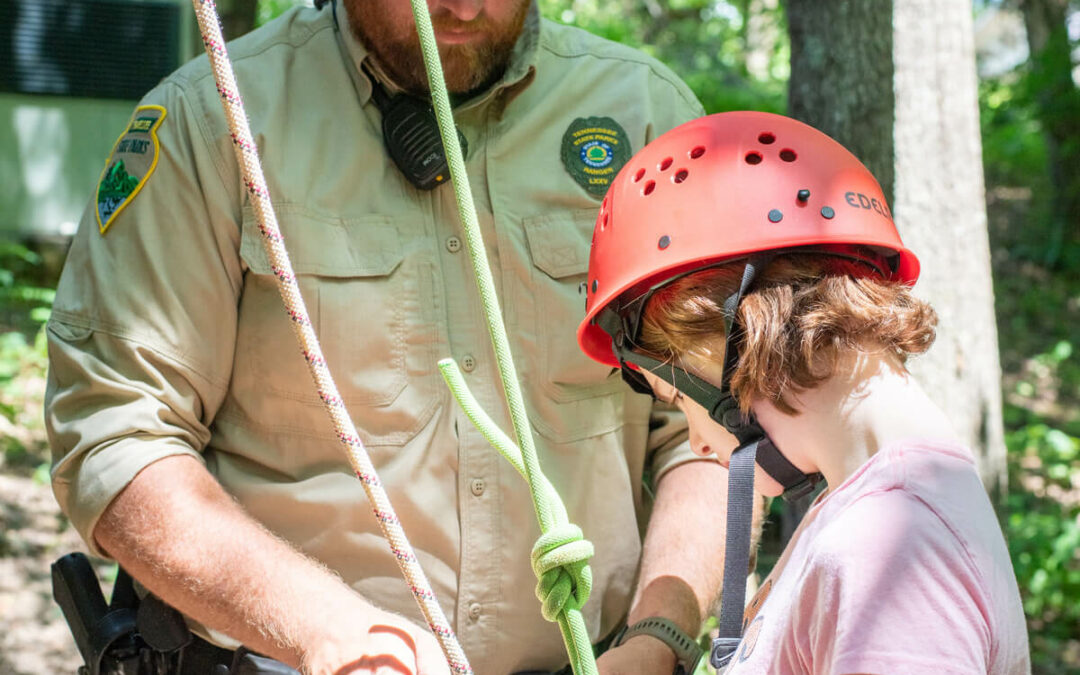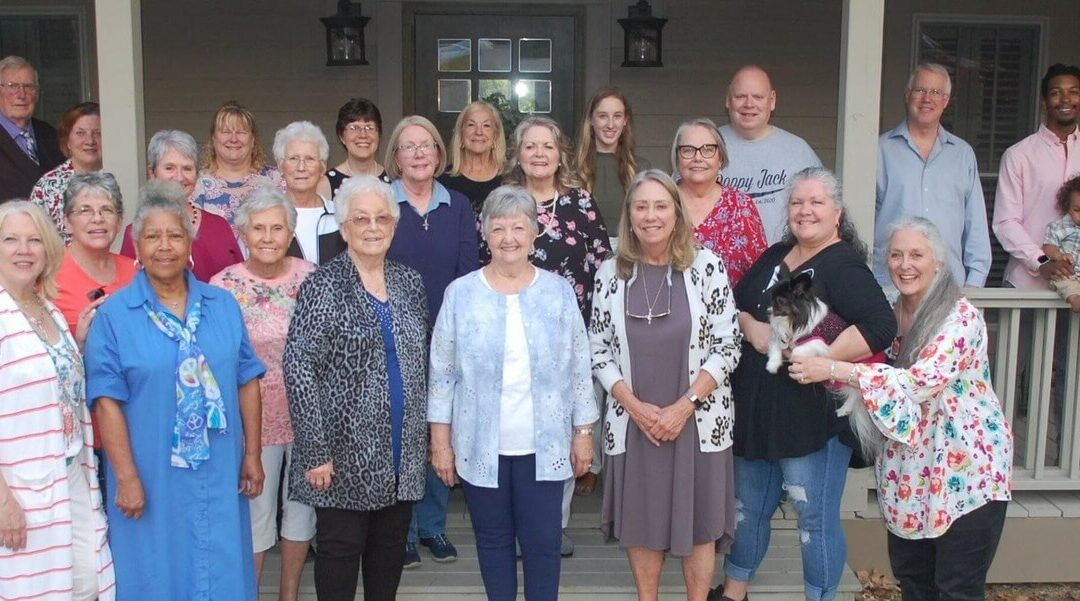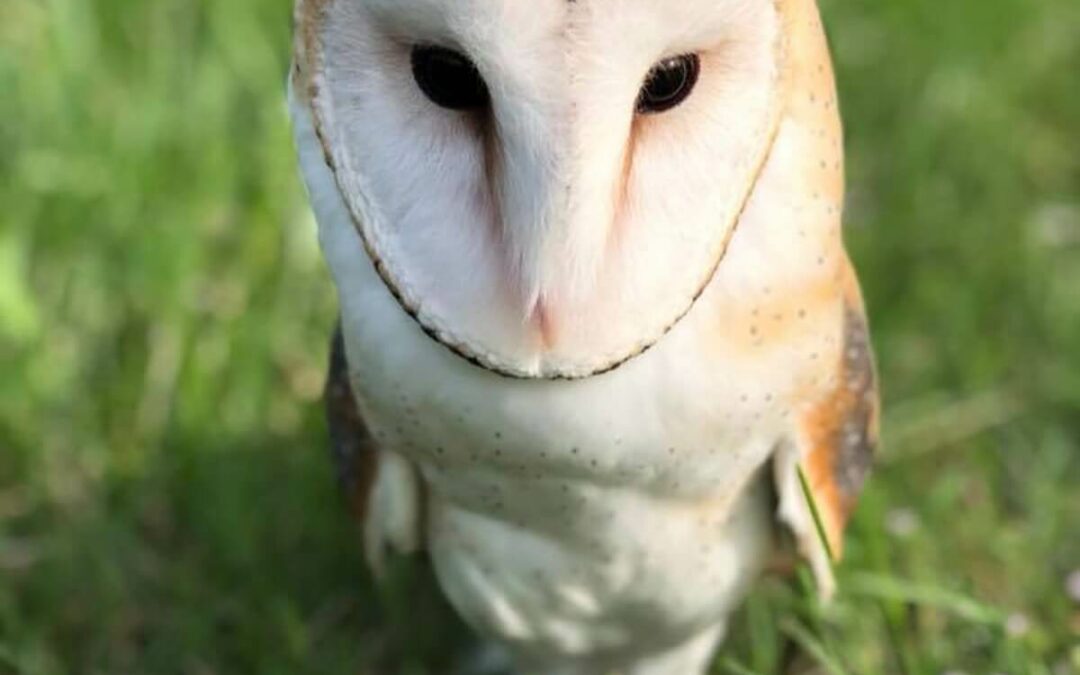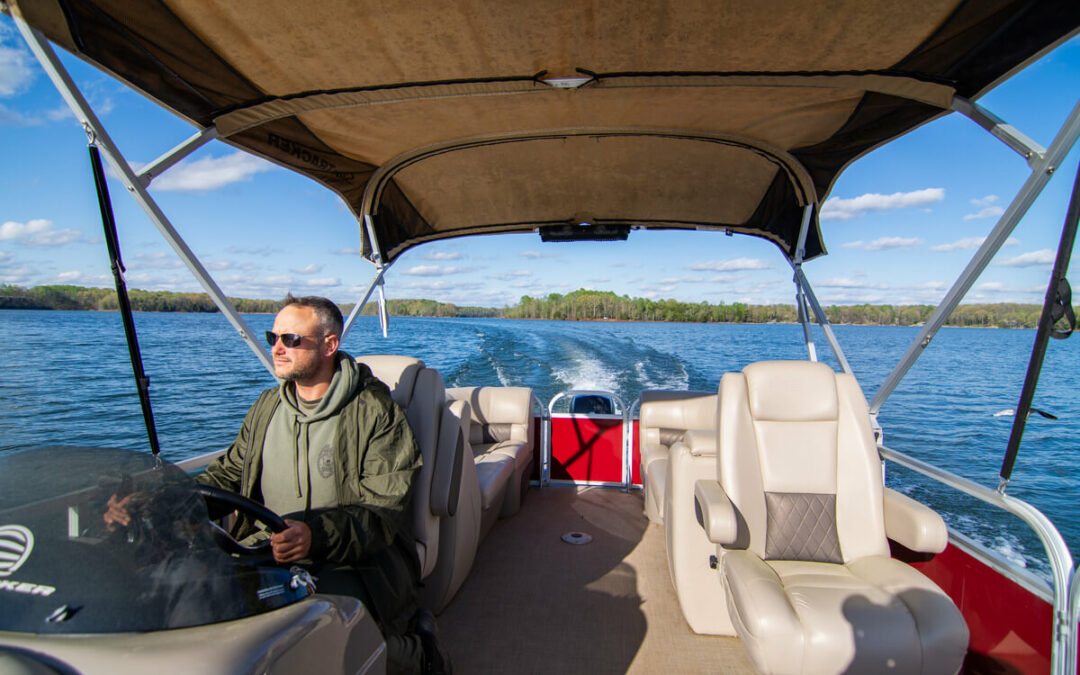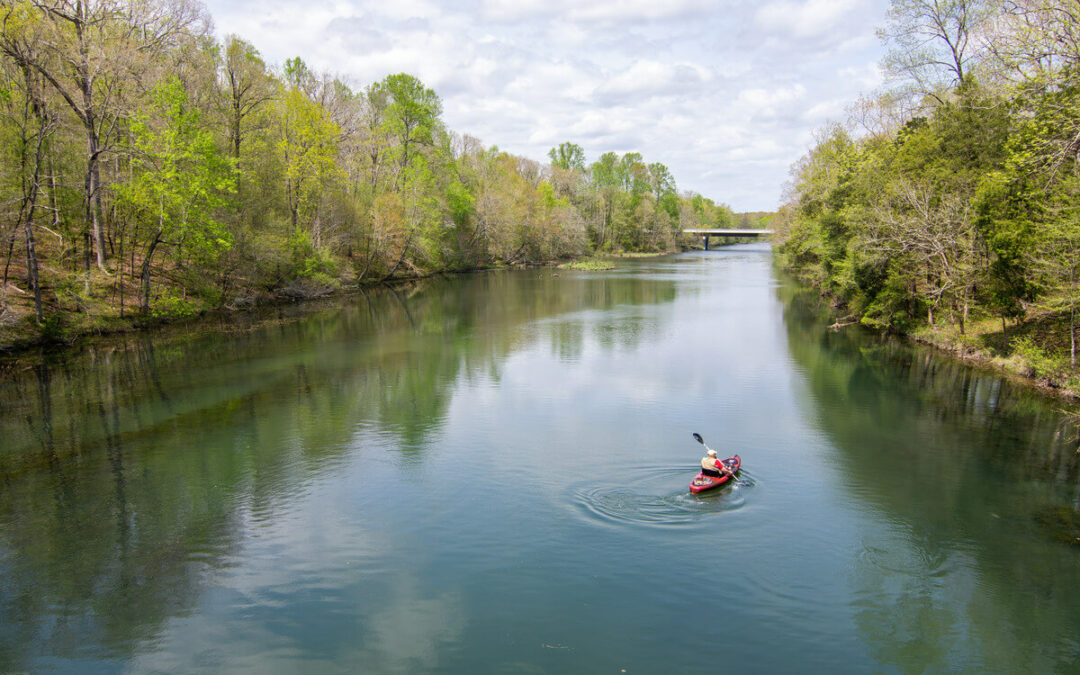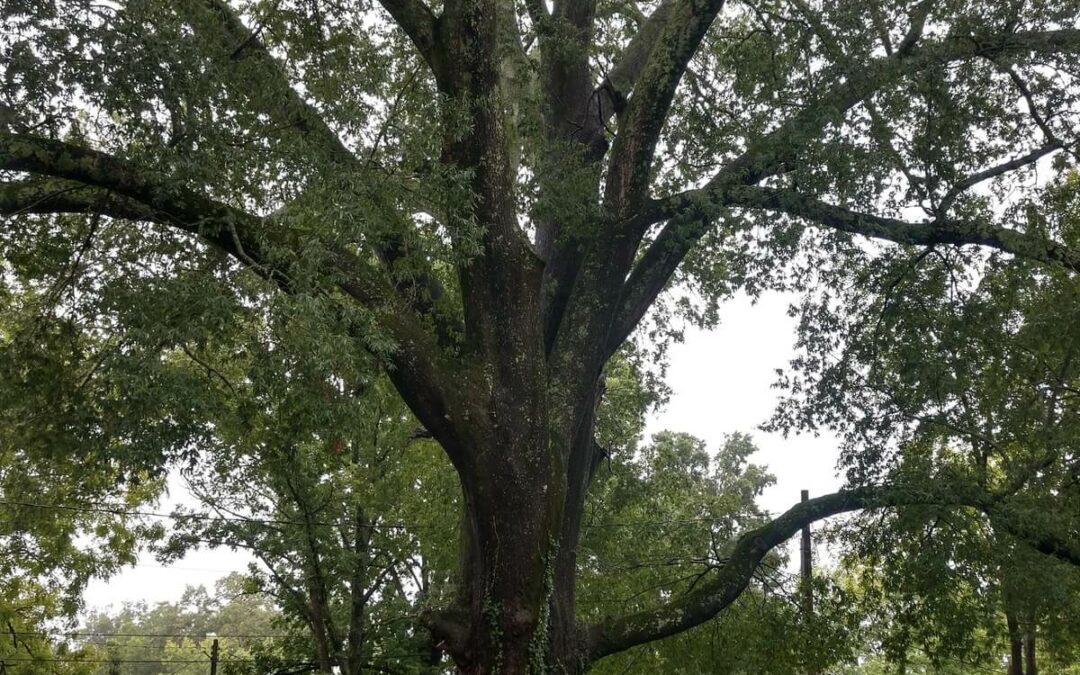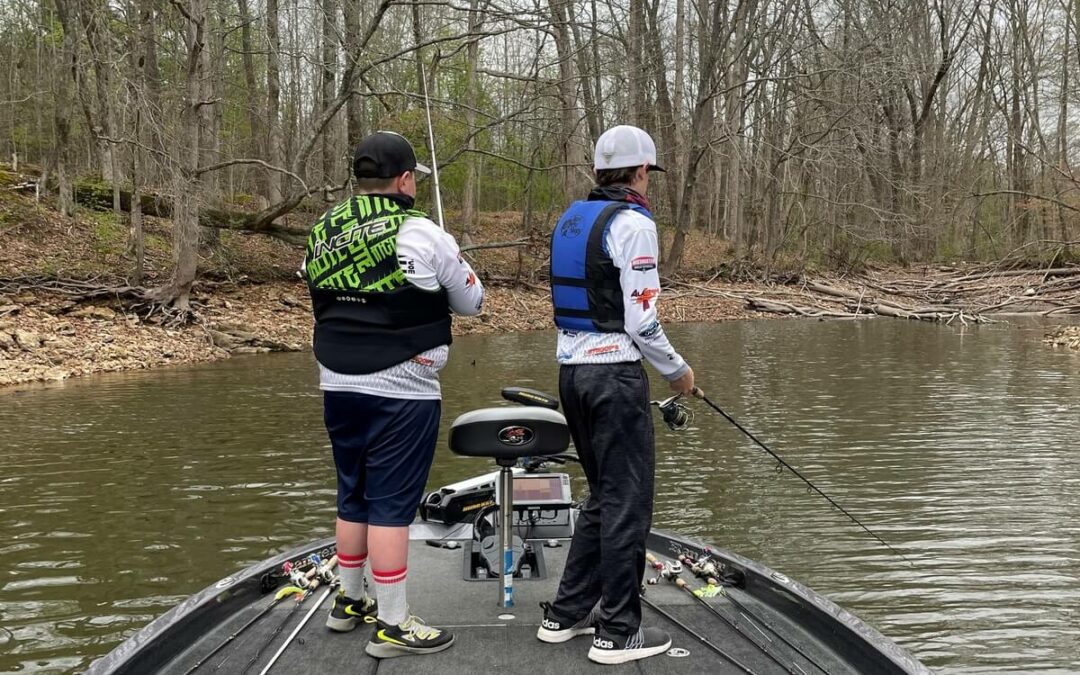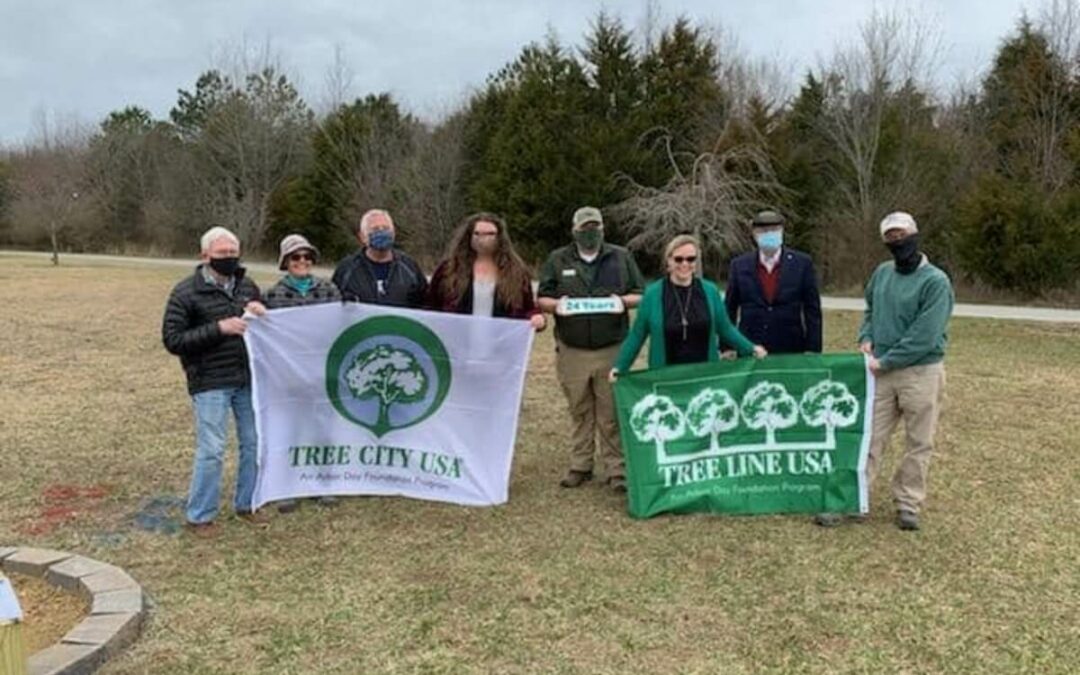THE DAYS are busy for Normandy Fish Hatchery Manager Nathan Singer. From checking water quality and temperature for optimal growth conditions, recording health metrics, coordinating fish transport, working with conservation partners, reviewing collection data, keeping up maintenance, staffing, and planning upcoming operations, he’s not having to worry about filling his time. But for the lifelong nature lover and educated outdoorsman, Singer said it’s just another day in a career he’s come to love in his almost 20 years at the hatchery.
Established in 1996 on 200 acres below Normandy Dam along the Duck River, the Normandy Fish Hatchery raises warm-water sport fish — including bass, crappie, walleye, striped bass, and bluegill — to support sustainable management across Tennessee. Supplied by gravity from two Normandy Lake Dam penetrations, the facility operates efficiently without pumps or electricity.
“We’re the most productive warm-water hatchery in Tennessee, thanks to a high-quality water supply via two deep penetrations — 20 and 60 feet below summer pool,” Singer explained. “By drawing warm water from upper levels and cold water from lower levels, we can control pond temperatures to optimize spawning and growth. Unlike spring-fed hatcheries that need organic fertilizers to kickstart plankton blooms, we get ready-made zooplankton pumped straight from the lake. This boosts our fry’s growth so quickly that we can double-crop our grow-out ponds: raise one batch of fish in spring, harvest, then seed a second crop in the same space before fall. We concentrate on five sportfish species. We raise around 2.3 million fish a year on average, all species combined.”

Singer began working on the reservoir crew at the hatchery 18 years ago. The crew is responsible for traveling to different lakes to assess the fish populations and health in each reservoir and guiding hatcheries, such as Normandy, where fish need to go.
But Singer’s knowledge of wildlife goes farther back than just fish. Before joining the Normandy team, he built a strong foundation in wildlife through his childhood experiences, college education, and several positions that prepared him for a role like this.
Singer grew up in Cheatham County, an area that is breathtaking in its natural beauty and offers everything a young and adventurous boy could want in the way of the outdoors.
“I’m blessed to have had the upbringing that I had and in the environment that I grew up in,” said Singer. “Cheatham County is in the Highland Rim, which has beautiful hills, streams, creeks, and woods. I had four brothers and four sisters, and we all loved the outdoors; it was our playground. I’ve always loved wildlife — from muskrats and beavers to raccoons, herons, kingfishers, and owls; they were part of my everyday life.”

Singer also lived next to the Tennessee Game Farm. The zoo would later become the Nashville Zoo before it was relocated to Grassmere Zoo in Nashville, where it is today known as the Nashville Zoo at Grasmere. Privately owned then, the zoo welcomed local groups and visitors from around the state. With such a treasure trove of wildlife within a short walk, Singer spent a lot of time there, which also grew his love of wildlife.
After high school, he considered the Marine Corps, seminary, zoo work, and sheet-metal fabrication like his brothers. His guidance counselor, noting his passion, recommended three state wildlife programs, of which he chose the University of Tennessee at Martin. Singer thrived at the smaller college and said he was taught by dedicated professors and the school had a strong wildlife and agriculture curriculum. Today, he credits his guidance teacher with shaping his path.
With his degree in hand, Singer applied for a wildlife officer position, but with 200 applicants for only 12 spots, Singer said he wasn’t selected. Set on working with wildlife, he returned to zoo work before landing a yearlong U.S. Forest Service apprenticeship at Land Between the Lakes. He helped manage elk and bison herds there, conducted deer population studies, and monitored bald eagle nests aerially and on the ground. Hired full-time, he managed a horseback campground until he joined the National Park Service at Stones River Battlefield. He surveyed cedar glades, removed invasive species, and established native grasses across 100 acres, enabling prescribed burns, reducing fuel use, and improving wildlife habitat.

“I then spent two years as a Murfreesboro Parks and Recreation groundskeeper,” explained Singer. “A decade after my first TWRA wildlife officer interview, I reapplied this time with a lot of experience, hoping for a lands manager role. While no land positions were open, I was offered and gladly accepted a newly available fisheries position.”
With decades doing something he loves, he credits all those who have helped him along the way, especially his wife, Rachel, and daughter, Kylie, who he credits as his support and inspiration. He added that the work never gets old, and he still enjoys the adventure it brings.
“I don’t think I’ll ever lose interest in it,” he said. “It’s something new every day. The folks that I work with are great, and you meet a lot of people who are like-minded. They’re passionate about Tennessee resources and wildlife. I think that’s really important. I also love the biology of it — that’s really interesting. Working with these fish to get them to do what you want them to do, hopefully Mother Nature cooperates. We get to see the whole process from fertilization to the fish being on the end of a hook.” GN



